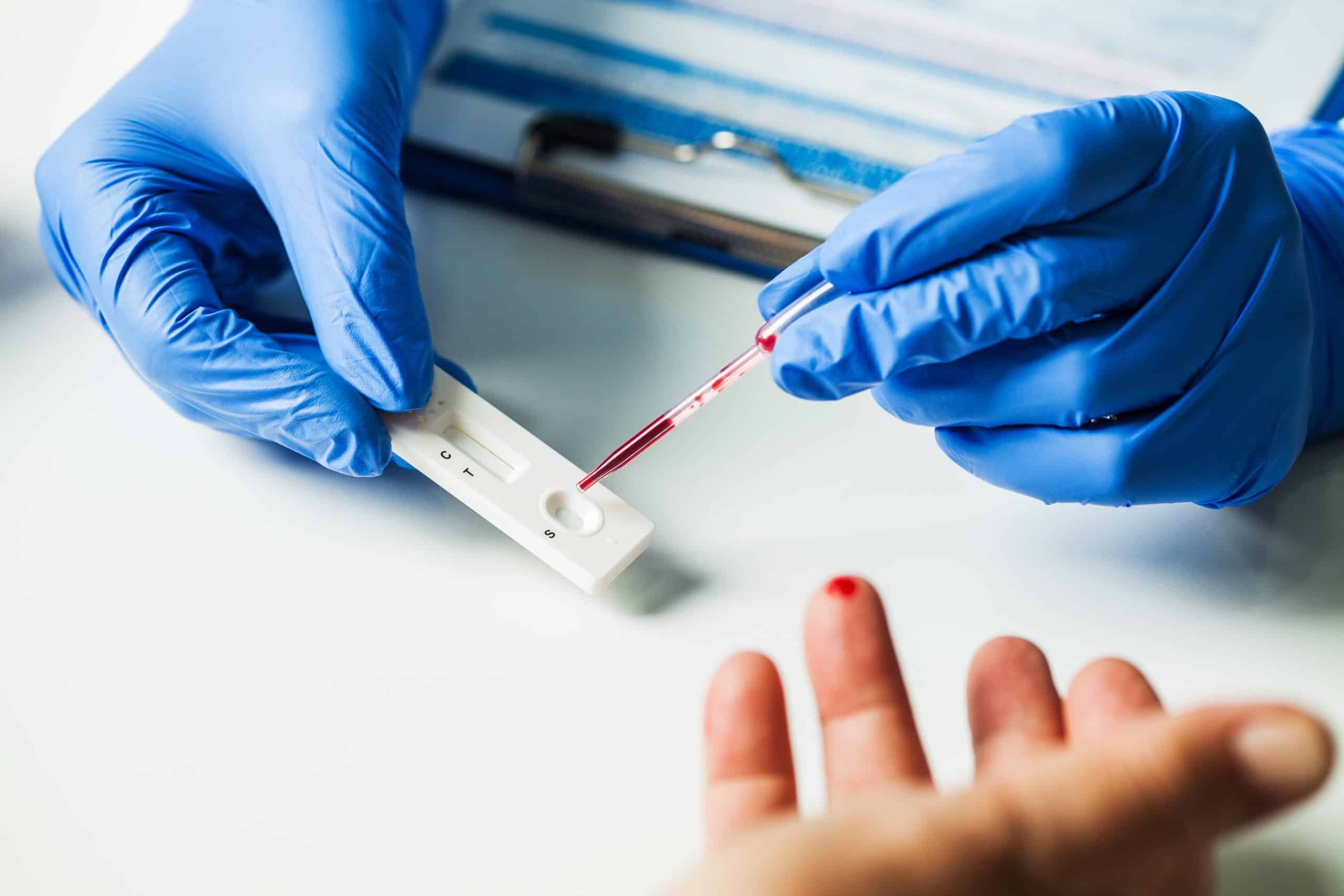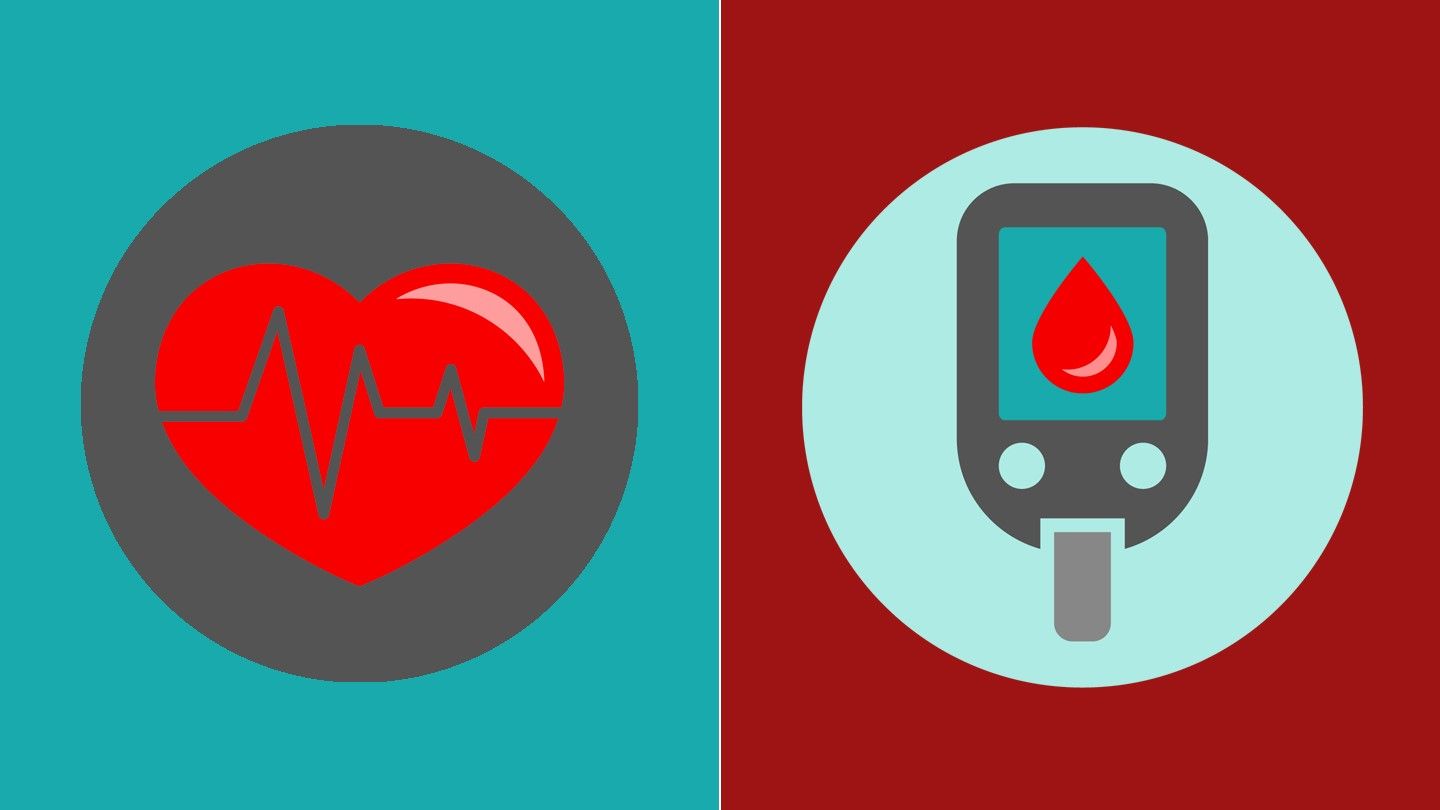The amount of glucose present in the body is referred to as blood sugar level.
The level of blood in humans is controlled by a hormone known as “the pancreas”. The pancreas is composed of two types of tissues one is “Exocrine” tissue and the other one is “Endocrine”.
Exocrine tissue is those that produce and secrete digestive juice while Endocrine tissues are distributed in the form of patches in the pancreas and these particles are known as “Islets of Langerhans”.
These islets of Langerhans secrete two major hormones known as “insulin” and “glucagon”.
Insulin
Insulin is secreted by beta cells which are larger in number. Insulin is secreted when the level of blood sugar rises for example right after a meal.
Its overall effect is to reduce blood sugar levels to a normal level by increasing the rate of glucose uptake by most body cells, especially skeleton muscles and fat cells. It promotes “Glycogenesis”.
Glycogenesis
It is defined as the conversion of glucose into glycogen. In cellular respiration when there is a need for glucose “gluconeogenesis” occurs. Gluconeogenesis is defined as glucose synthesis.
When Beta cells become unable to produce a normal amount of insulin, the under-secretion of insulin leads to a metabolic disease known as “Diabetes mellitus”.
Diabetes is characterized by high glucose levels in blood and urine. If an excess of insulin is produced the utilization of glucose is too great and its level falls in the blood which upsets nerve and muscle functioning.
Glucagon
There is another hormone known as “glucagon”.
Glucagon is secreted by Alpha cells which are lesser in number both these cells respond directly to the level of blood glucose.
The nervous system also stimulates its secretion.
Factors affecting glucagon secretion:
- A high blood glucose level
- Insulin
- Somatostatin
All of these suppress glucagon’s secretion. Its role is to increase the blood glucose level.
Insulin and Glucagon act antagonistically and thus reverse the activities performed by the other.
Homemade remedies
There are many homemade remedies to maintain blood sugar levels in a normal range. Some of these remedies are given below:
- Exercises: Regular exercise plays a vital role in the regulation of blood sugar levels.
- Maintain a moderate weight: The weight of a human has a direct impact on his health as well as blood sugar levels. Obesity is the leading cause of diabetes. A weight reduction is necessary to maintain blood sugar levels.
- Sleep: Poor sleeping habit also affects blood sugar levels and insulin sensitivity. It can increase appetite and ultimately cause an increase in weight.
- Manage stress levels: Stress directly affects blood sugar levels. Glucagon and cortical are secreted during stress.
- Choose foods with a low glycemic index: The absorption and digestion of foods have a powerful impact on the rate at which blood sugar levels rise. The amount of crabs (carbohydrates) consumed also matters.
- Fenugreek seeds: Fenugreek seeds can lower blood sugar levels. Fenugreek seeds when consumed regularly with lukewarm water work wonders for diabetes.
- Ginger: Consuming ginger regularly helps in reducing blood sugar levels and regulates insulin.
- Neem: The bitter leaf of neem is an effective remedy for treating diabetes. It has many vital compounds which help to maintain blood sugar levels.
- Aloe Vera: Consume a cup of unsweetened aloe vera twice daily for immediate results.


